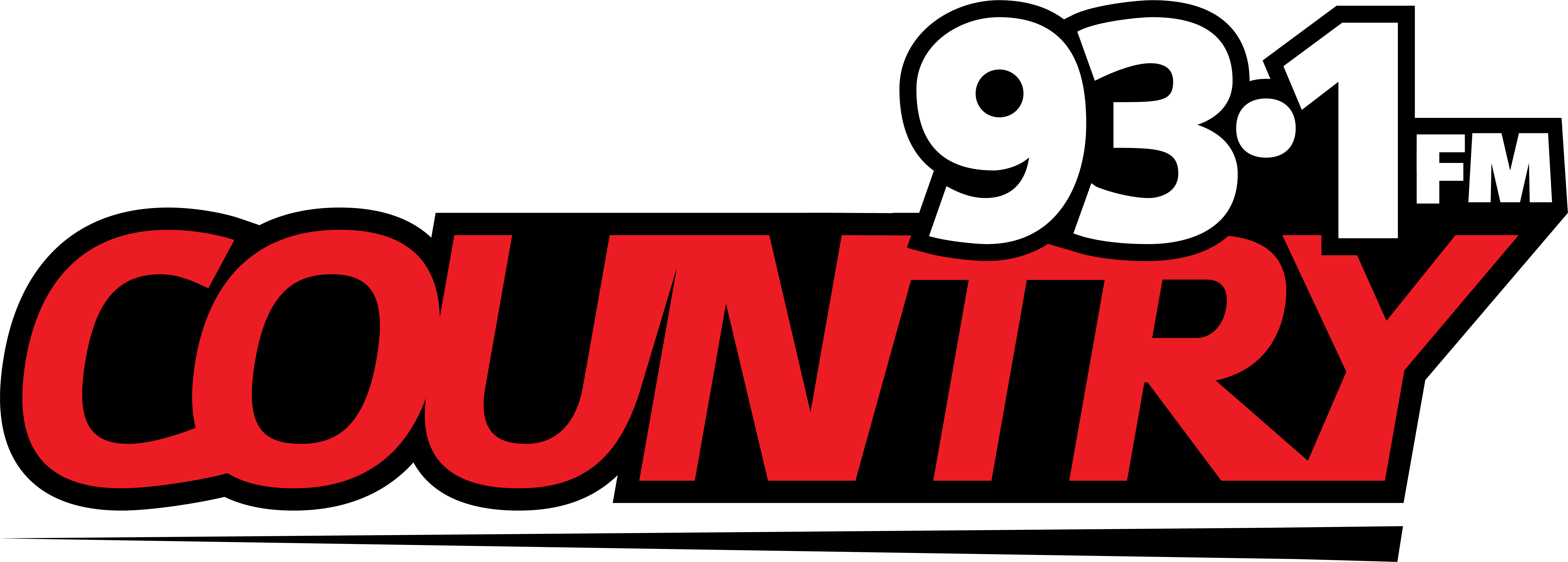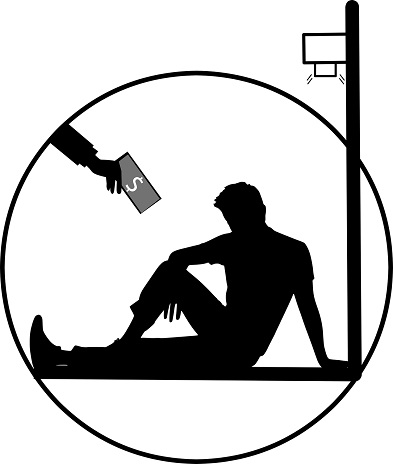People trying to subsidize what meagre income they have by panhandling for money on Timmins streets have to learn to accept “No” for an answer.
City police are cracking down on aggressive panhandlers, responding to complaints from people feeling harassed or intimidated. Communications coordinator Marc Depatie says it falls under the Safe Streets Act of Ontario.
“The option always has to be with the person who is solicited as to whether or not they choose of their own free will to donate to a person who is asking for some pocket change,” says Depatie.
“We’re aware that this is happening most typically in the areas of strip malls. The one on Waterloo Rd. in particular was mentioned, but other areas as well, where there’s a retail setup.”
ATMs are also known as potentially lucrative panhandling locations.
On a first call, an officer will tell the person what they did wrong. On the next call, a charge will be laid and a fine levied, which is counterproductive to the activity at its root.
FROM THE SAFE STREETS ACT OF ONTARIO
- In sections 2 and 3, “solicit” means to request, in person, the immediate provision of money or another thing of value, regardless of whether consideration is offered or provided in return, using the spoken, written or printed word, a gesture or other means. 1999, c. 8, s. 1.
- (1) In this section, “aggressive manner” means a manner that is likely to cause a reasonable person to be concerned for his or her safety or security. 1999, c. 8, s. 2 (1). (2) No person shall solicit in an aggressive manner. 1999, c. 8, s. 2 (2).
(3) Without limiting subsection (1) or (2), a person who engages in one or more of the following activities shall be deemed to be soliciting in an aggressive manner for the purpose of this section: 1. Threatening the person solicited with physical harm, by word, gesture or other means, during the solicitation or after the person solicited responds or fails to respond to the solicitation. 2. Obstructing the path of the person solicited during the solicitation or after the person solicited responds or fails to respond to the solicitation. 3. Using abusive language during the solicitation or after the person solicited responds or fails to respond to the solicitation. 4. Proceeding behind, alongside or ahead of the person solicited during the solicitation or after the person solicited responds or fails to respond to the solicitation. 5. Soliciting while intoxicated by alcohol or drugs. 6. Continuing to solicit a person in a persistent manner after the person has responded negatively to the solicitation. 1999, c. 8, s. 2 (3).
Additionally, Section 3 (2) clearly indicates that: No person shall, (a) solicit a person who is using, waiting to use, or departing from an automated teller machine; (b) solicit a person who is using or waiting to use a pay telephone or a public toilet facility; (c) solicit a person who is waiting at a taxi stand or a public transit stop; (d) solicit a person who is in or on a public transit vehicle; (e) solicit a person who is in the process of getting in, out of, on or off a vehicle or who is in a parking lot; or (f) while on a roadway, solicit a person who is in or on a stopped, standing or parked vehicle. The penalty section of this statute is defined as follows:
- (1) Every person who contravenes section 2, 3 or 4 is guilty of an offence and is liable, (a) on a first conviction, to a fine of not more than $500; and (b) on each subsequent conviction, to a fine of not more than $1,000 or to imprisonment for a term of not more than six months, or to both. 1999, c. 8, s. 5 (1).



